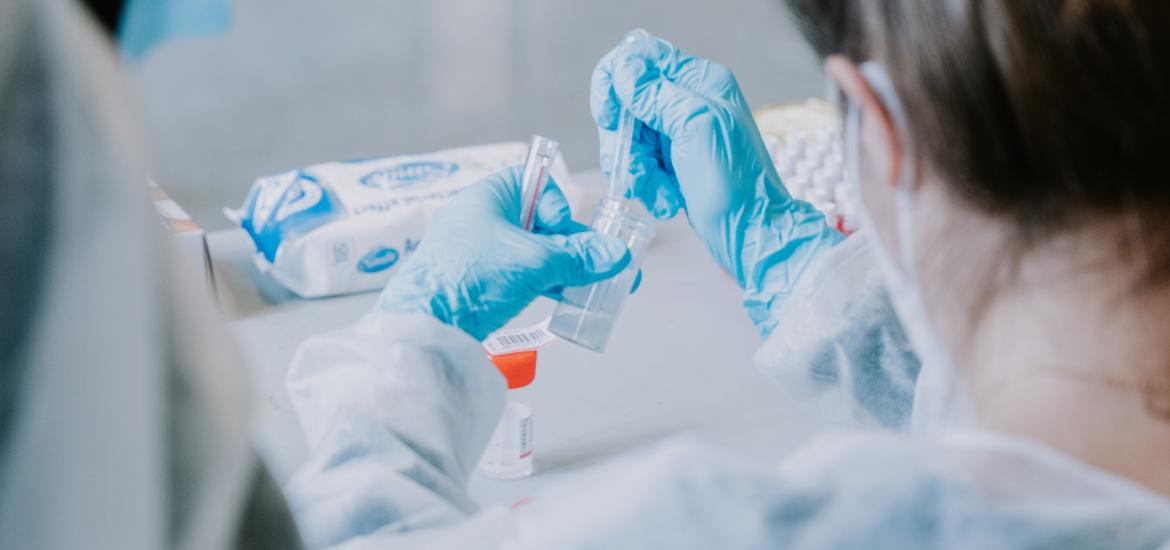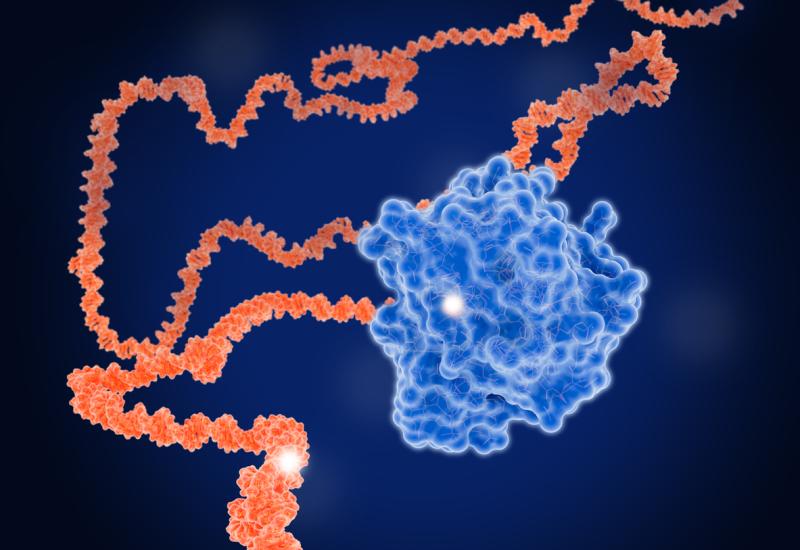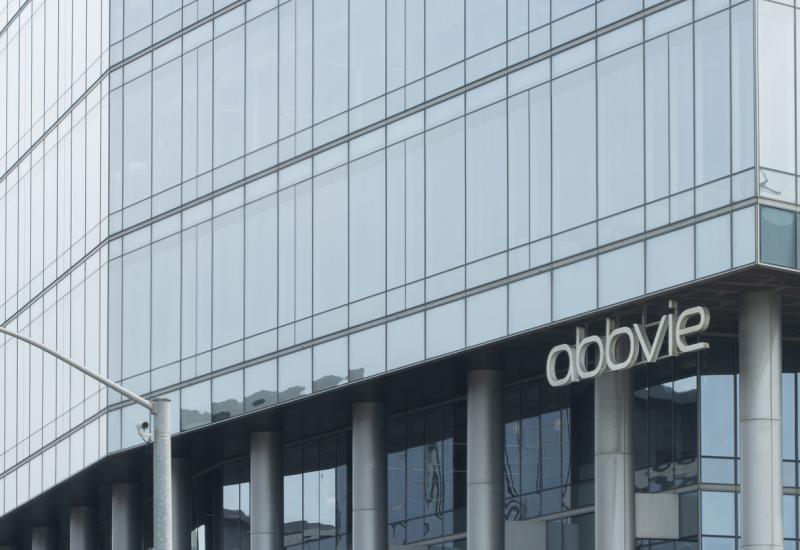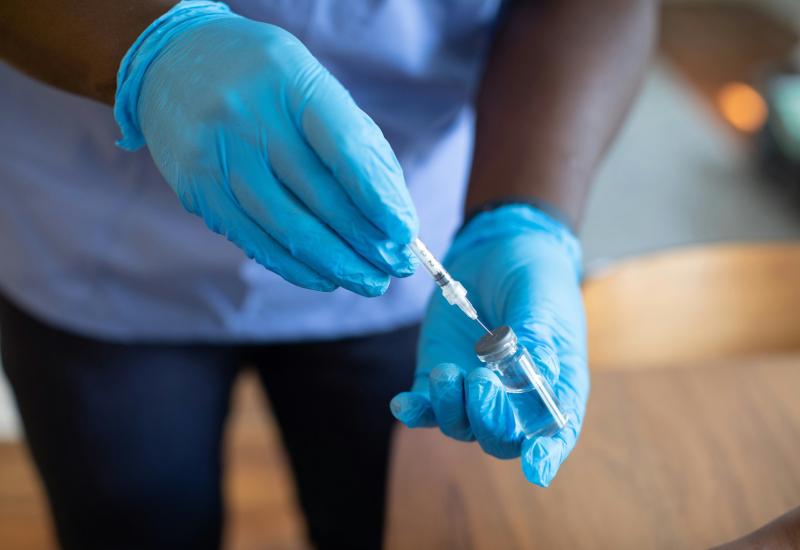
Avenzo takes a second shot at CDK-selective inhibition
AVZO-023 follows AVZO-021 into clinical trials.
AVZO-023 follows AVZO-021 into clinical trials.

The private US biotech Avenzo Therapeutics is attempting a similar strategy to Pfizer in subtype-specific CDK blockade; having already taken the CDK2-selective inhibitor AVZO-021 into human testing, Avenzo is now moving into clinical trials with AVZO-023, which is said to hit CDK4.
This has emerged from recent listings on the clinicaltrials.gov registry, which also include BMS-986500, a molecule that could have a similar mechanism, from Bristol Myers Squibb. It's not clear to what extent Avenzo's plans might be affected by Pfizer, which has refined its approach in CDK4, as well as combining its CDK2 and CDK4 inhibitors.
It's also worth noting that Avenzo isn't the originator of either AVZO-023 or AVZO-021. Ex-China rights to both molecules were acquired from the Chinese company Allorion, and flow from a deal originally signed in January 2024.
At the time Avenzo paid Allorion $40m for rights to AVZO-021, while securing an exclusive option over a second molecule, then unnamed. That second asset was last month revealed to be the CDK4 inhibitor AVZO-023, as Avenzo announced its exercise of this option and reported clearance of the project's US IND, with a phase 1/2 study due to begin in the third quarter.
AVZO-021 + AVZO-023
The trial now has a start date of June 2025, according to the new clinicaltrials.gov entry. It will test AVZO-023 in solid tumours, either as monotherapy or in combination with AVZO-021, with or without endocrine therapy; a phase 2 portion will then test an optimal dose specifically in ER-positive/HER2-negative breast cancer.
Pfizer too is combining its CDK4 with CDK2 inhibitors, atirmociclib and PF-07104091 respectively, but this represents an effort to combat resistance to existing CDK4/6 inhibitors like Ibrance or Verzenio. That's an important difference versus Avenzo, whose phase 1/2 trial specifies that patients must not have received prior CDK inhibitor therapy.
Pfizer is also increasingly pushing atirmociclib into first-line breast cancer, while in the second line it is prioritising its KAT6 inhibitor PF-07248144. In CDK2 inhibition Incyte has seen some promise with its contender INCB123667, but Blueprint, a company recently acquired for $9bn by Sanofi, in January deprioritised BLU-222.
Recently disclosed first-in-human studies*
| Project | Mechanism | Company | Trial | Scheduled start |
|---|---|---|---|---|
| HSK46575 | CYP11A1 inhibitor | Haisco Pharmaceutical | Metastatic castration-resistant prostate cancer | 18 Dec 2024 |
| AVZO-023 | CDK4 inhibitor | Avenzo/ Allorion | Solid tumours, monoRx or combo with AVZO-021 +/-endocrine therapy | Jun 2025 |
| KQB168 | Undisclosed | Kumquat/ Takeda | Solid tumours, +/- Keytruda | 31 Jul 2025 |
| DAT-1604 | DNA pol θ inhibitor | Danatlas | Solid tumours | 31 Jul 2025 |
| BMS-986500 | Possible CDK inhibitor | Bristol Myers Squibb | CDK4/6i pretreated breast & CCNE1-amplified ovarian cancers | 15 Aug 2025 |
Note: *projects newly listed on the clinicaltrials.gov database between 29 May and 6 June 2025.
Against the background of these developments, Bristol's advancement of BMS-986500 into a first-in-human study is intriguing. No mechanism has been disclosed for this molecule, but the phase 1 study's setting – CDK4/6 inhibitor-pretreated breast and CCNE1-amplified ovarian cancers, according to clinicaltrials.gov – provides a clue.
It could be that BMS-986500 targets a specific subtype of CDK, and thus aims to restore activity in patients resistant to CDK4/6 inhibitors; moreover, CCNE1 amplification is thought to be an acquired resistance pathway here. Another possibility is that BMS-986500 inhibits PKMYT1, since trials of such molecules frequently mandate CCNE1 amplification.
PKMYT1 inhibition is an example of synthetic lethality, where a separate approach, DNA pol θ inhibition, has seen interest from GSK/Ideaya and Repare Therapeutics. Now China's Danatlas will next month start a phase 1 solid tumour study of its DNA pol θ inhibitor DAT-1604.
Also of note is the first clinical trial of Kumquat/Takeda's KQB168. The target of this asset is still undisclosed, but the molecule has a relatively high profile given Takeda's buy-in through an April 2024 tie-up worth "up to $130m" in near-term payments. Kumquat earlier struck a deal with Lilly, but doesn't seem to have raised cash from venture financiers since 2021.
1907













